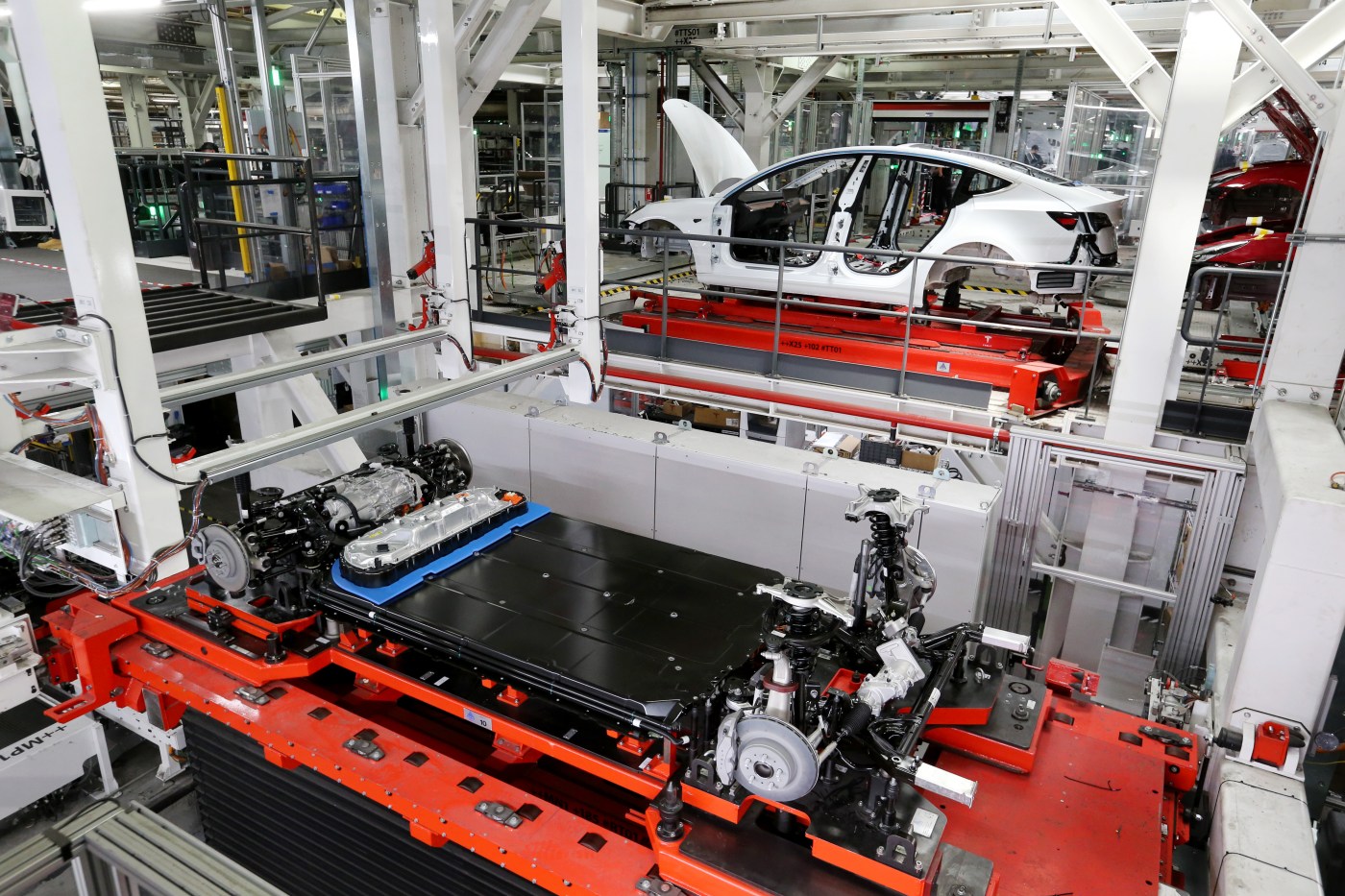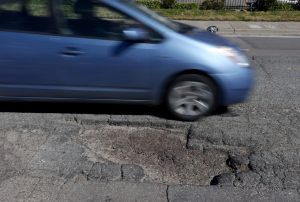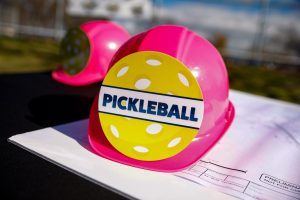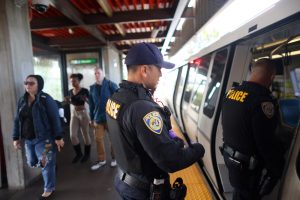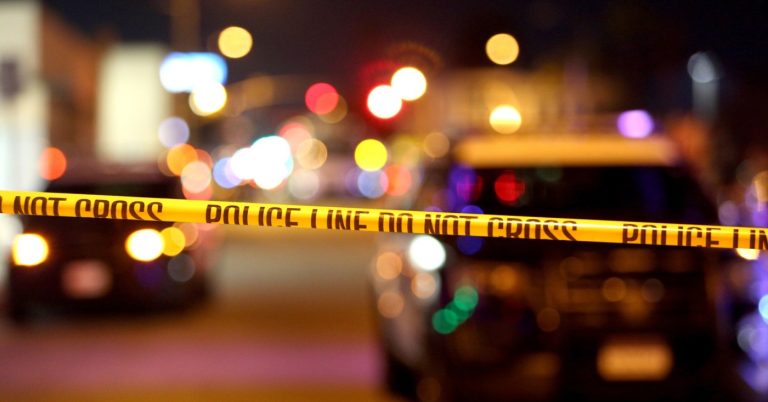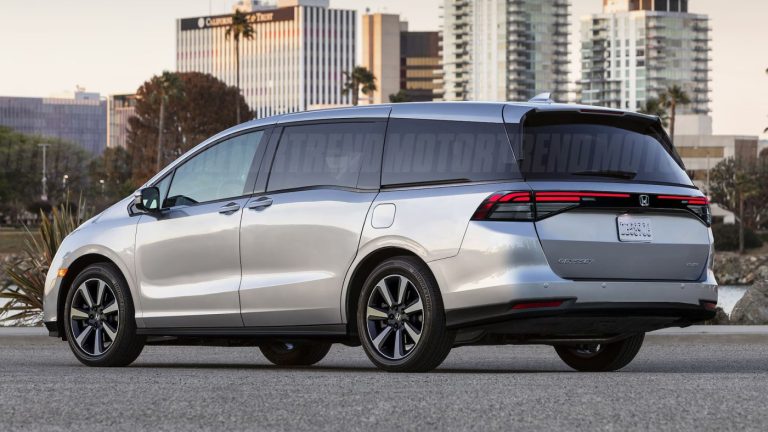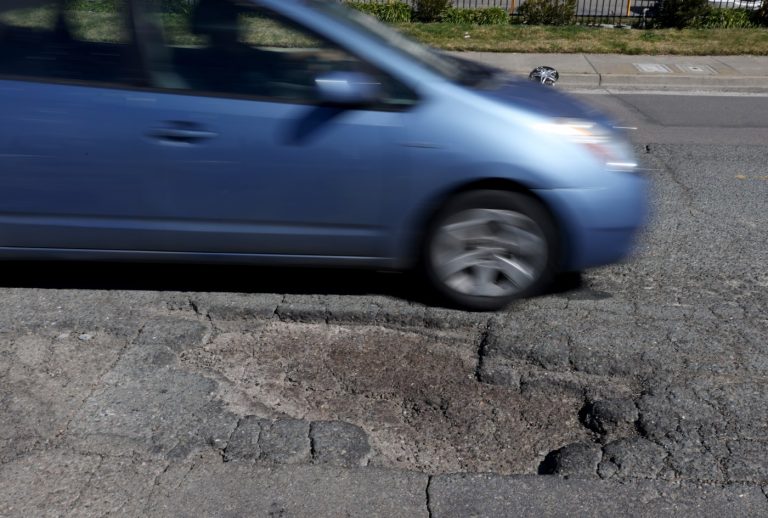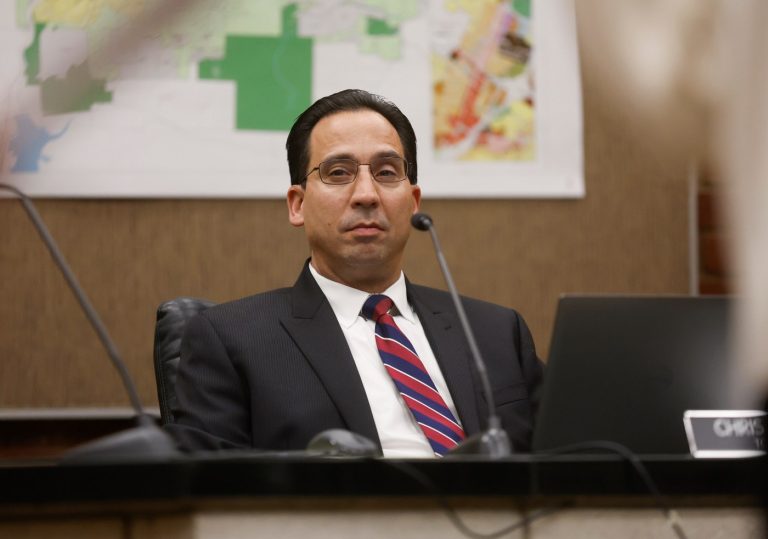A federal court judge has shot down Tesla’s bid to escape a lawsuit by the federal government that alleges widespread racism at the company’s Fremont electric car factory.
The U.S. Equal Employment Opportunity Commission sued Tesla in September, claiming Black workers were subjected to racial harassment that was “frequent, ongoing, inappropriate, unwelcome and occurred across all shifts, departments, and positions.”
Tesla in late December filed a motion to dismiss the case, but a judge on Friday rejected the company’s arguments.
Judge Jacqueline Corley, in U.S. District Court in San Francisco, noted that the commission alleged Black workers were addressed using a racial slur, that racial slurs and insults were used openly, and anti-Black graffiti, including swastikas and nooses, was scrawled on desks, elevators, bathrooms and equipment. Tesla, the commission alleged, knew about the abuse but failed to take action to end it.
Tesla, and lawyers representing the company in the case, did not immediately respond to a request for comment.
Corley shot down Tesla’s argument that because the commission did not identify any victims or perpetrators, or provide dates for purported racist incidents, it could not make valid legal claims about a hostile work environment.
The judge ruled that there was no need to identify those involved or provide dates because the commission was bringing the action on its own behalf, and was not representing particular people.
“The Commission’s factual allegations are sufficient to support the inference the alleged racial harassment was sufficiently severe to pollute Tesla’s Fremont factory and create an abusive
workplace for Black employees,” Corley wrote.
Tesla had also denied Black workers suffered retaliation for complaining about racial harassment. Corley cited the commission’s claims that Tesla fired Black workers within weeks of their complaints about the racial harassment, reassigned a Black employee to a more demanding part of the assembly line after she reported her supervisor for racial harassment, and repeatedly wrote up another employee after they complained of racial harassment. Those allegations were enough to infer that the actions taken against the workers were linked to their complaints, Corley wrote.
Related Articles
Ex-Mississippi cops get 10 to 40 years for racist torture of Black men
4th Mississippi cop gets 40 years for racist torture of Black men
Opinion: California apologies, reparations would improve our state’s karma
Racist, homophobic comments prompt Emeryville mayor to use new hate speech policy for the first time
Antioch flies Pan-African flag for first time in honor of Black Americans
The commission’s lawsuit is one of several alleging Tesla has allowed rampant racism against Black workers. California’s Department of Fair Employment and Housing — the state’s civil rights regulator — filed suit against Tesla in 2022, alleging Black workers at the company’s Fremont facility were paid less than White workers, denied advancements, and faced daily racist abuse. Tesla has called the lawsuit, in Alameda County Superior Court, “misguided” and “unfair.”
Of the similar lawsuits, by far the largest is one filed in 2017 by Marcus Vaughn. In February, a judge in Alameda County Superior Court approved class-action status for the case, opening the way for nearly 6,000 Black current and former Tesla workers to join as plaintiffs. Tesla in a blog post about Vaughn’s lawsuit said it had investigated “disappointing behavior” among a group of people working “on or near” Vaughn’s team, and found “conflicting accusations and counter-accusations.” Three people were fired in response, Tesla said, adding that the company is “absolutely against any form of discrimination, harassment, or unfair treatment of any kind.”
Court filings and interviews by this news organization with current and former Black workers at the plant allege that racial discrimination at Tesla continued despite numerous complaints and lawsuits. A 2017 letter from Tesla CEO Elon Musk to employees, filed with the lawsuit, addressed treatment at the Fremont factory of workers he described as being part of “historically less represented” groups. “If someone is a jerk to you, but sincerely apologizes, it is important to be thick-skinned,” Musk wrote.
In the case by the federal employment commission, Tesla also argued that the lawsuits by the state civil rights agency and Vaughn were substantially similar to the commission’s, so the commission’s should be thrown out. Corley shot down that argument as well, ruling that Tesla failed to show the cases in Alameda County Superior Court would “completely and promptly resolve the issues” between the company and the commission, which sued Tesla under federal civil rights law.
Corley also rejected Tesla’s claim that the commission filed the lawsuit without meeting a requirement under the Title VII federal civil rights act to confer with the company about its claims and give Tesla a chance to remedy issues.
“Between July 2022 and June 2023, the commission engaged in conciliation efforts with Tesla, including a seven-hour, in-person conciliation session on June 13, 2023,” Corley wrote. “It is undisputed the commission provided Tesla an opportunity to discuss the commission’s claims.”
